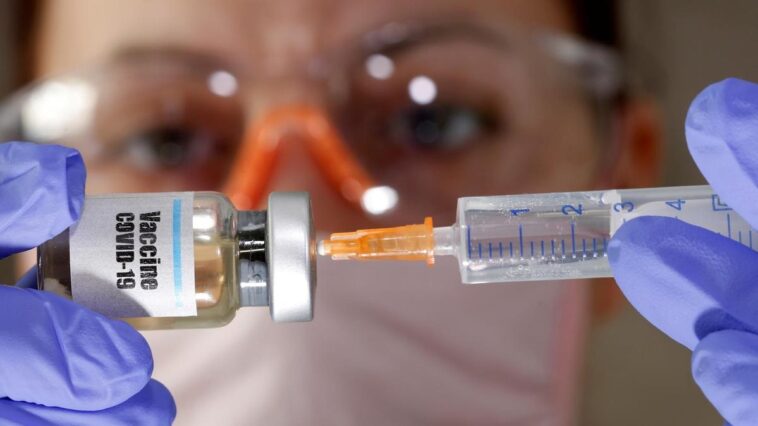Global markets surged and politicians and the public rejoiced online as Pfizer announced its Corona vaccine was 90% effective.
But not everyone is fully convinced, and a number of critical questions remain unanswered.
Last Monday, Nov. 9th, US drugmaker Pfizer and German partner BioNTech announced their first “interim analysis.”
The first data show that 90% of 43,538 ‘patients' were effectively preventing the 2020 plague, with only 94 cases of disease observed – similar to Russia's Sputnik V vaccine.
However, with all the market surges, breathless news coverage, and political messaging about the vaccine, a number of serious caveats, concerns, questions, and a distinct lack of detail remain.
Statement by President-elect Biden on Pfizer's vaccine progress: pic.twitter.com/eOiLZnqO8N
— Biden-Harris Presidential Transition (@Transition46) November 9, 2020
Open questions about the new vaccine
- We don't yet know if the Pfizer vaccine entirely prevents infection, or whether asymptomatic carriers might still be a cause for concern in the years ahead.
- The study was also rather limited in scope, testing only whether there were fewer cases of symptomatic Covid-19 among vaccine recipients than those given the placebo.
Without this information, we have no way of knowing whether this vaccine would actually stop the pandemic or not, or merely change its complexion.
- The study also did not distinguish between the severity of Covid-19 cases among participants, nor did it provide demographic information on those who fell ill, so we still do not know whether vaccine recipients can fall critically ill or just develop a milder form of the disease.
- There was no information given on the frequency or severity of side-effects, nor were key details shared about the vaccine's safety profile.
- Furthermore, there was no discrimination of data among different subgroups, so it remains unclear whether at-risk groups in society will necessarily benefit from the vaccine or whether targeted lockdowns and protections may still be required to protect the elderly or immunocompromised.
- Pfizer's Monday press release did not contain any data on how many participants got sick from the vaccine versus those who received the placebo. This data is expected to be released “in the coming weeks,” according to Pfizer CEO Albert Bourla.
Indeed, taking the US as an example, according to one survey, some 62 percent of Americans worry that the Food and Drug Administration will fast-track vaccine approvals, and therefore just 21 percent of respondents polled say they “definitely plan to get vaccinated” and 49 percent probably or definitely will not.
Concerns about the new vaccine
Concerns are rife that there will be insufficient regard for both safety and effectiveness, given what is at stake politically and economically when it comes to a potential Covid-19-free future.
I am worried about the safety, efficacy, manufacturing quality, distribution, and administration of anti-Covid-19 vaccines. Read more here about STAT’s must-read overview of some of what the public needs to know regarding vaccine development…https://t.co/5SltkeBuwX
— William Haseltine (@WmHaseltine) November 9, 2020
Some, such as US biotech executive and infectious-diseases expert William Haseltine, claim that such proclamations by vaccine developers “are an inadequate assurance” and are “as full of holes as Swiss cheese.“
They are calling for more open access to data and independent review to improve public trust in Covid-19 vaccine candidates, including the Pfizer-BioNTech holy grail.
Here an interesting video about the disappearance of the flu this year. Why did it plummet by more than 98% this year? And where did it go?
You can get more information about the vaccine problematics on RT. If you like such articles and our website, please follow Mother of Health on Pinterest, Instagram and Facebook. Thank you!


